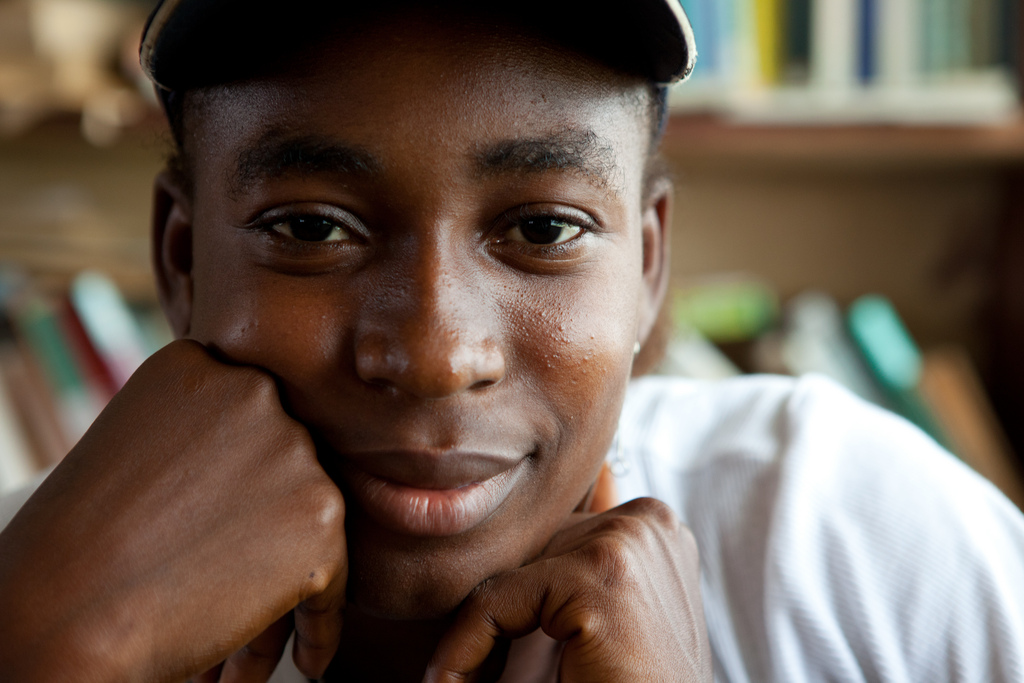In one of his famous talks, leadership author and speaker Simon Sinek defined Millennials as “a group of people who were born approximately 1984 and after.†He further describes them as tough to manage, “accused of being entitled, narcissistic, self-interested, unfocused, and lazy.†Sinek believes Millennials confound leadership and often want to work in a place of purpose to make an impact.
I am a part of the Millennial generation, and this description resonates with me. However, I believe these attributes are the natural traits that are needed to creatively solve pressing problems. Unlike previous generations, Millennials are the “outliers,” blessed with ideas and knowledge passed on from other generations, the natural ability to create, and the resources to get things done.
As researchers Neil Howe and William Strauss mentioned in 2004, we are “the next great generation.â€
These theories hold that the contributions of Millennials will be indispensable in achieving growth and sustainable development.  Therefore, the role of young people is critical in Liberia’s development. We are at the crossroad where Liberian Millennials can choose whether to be a progressive or a retrogressive factor to the country’s development.
While everyone cannot thread the same path, the majority can decide this fate. However, if we must be a determining factor for growth, transformation, and sustained development, it is essential to begin redefining the systems and structures that influence the youth population.
About a week ago, my Facebook timeline was flooded with campaign flyers of young candidates interested in contesting for various positions in the recently held Liberia National Students Union elections. I was asked by a few persons to publicly support their candidature.
Two things immediately struck me: I am personal friends with most of the candidates, and I equally know the abilities of each candidate. I wondered what measure I could use to pledge my support. From a transformative leadership and social impact standpoint, I wanted to find out what were their manifestos and what strategies they had developed to achieve their defined goals, if there were any.
Two days later, I logged onto Facebook and saw an outpouring number of congratulatory messages to winners, all of whom had won on ‘white ballots.’ What happened to other candidates contesting, I wondered. Not long after, some candidates complained of being denied from participating in the elections. They mentioned that even while a court had issued a writ of prohibition to stop the process until outstanding issues like disqualifications were resolved, LINSU ignored the court and conducted the polls.
I sought the views of people who had been elected, those allegedly denied from participating, and a member of the Congress Participatory Committee, LINSU’s committee responsible for candidate nominations.
The CPC member I spoke with maintained that the committee rejected the candidates because they failed to adhere to the guidelines for the elections. However, he could not confirm whether the committee had published all the guidelines and included all the rules that he had explained to me. Instead, he said LINSU does not run at the mercy of the public but on “revolutionary strategies.â€
A candidate elected told me the process was fair. On the other hand, a candidate who was denied participation claimed that the process was illegal. The denied candidate mentioned that there were no guidelines published but the CPC acted on the orders of a government official who had manipulated the process to allow the incoming leadership to be influenced to perform pro-government duties, rather than supporting the interest of thousands of students across the country. The denied candidate also mentioned that the official promised some members of the outgoing leadership legal support and jobs.
My findings proved that the CPC failed to uphold LINSU’s constitutional guidelines on nominations and elections. I am not here to judge the process or determine who was right or wrong. As there is a current writ of injunction by the Court, I hope the process will be evaluated, and a final decision will be passed on legal terms.
However, I believe that the activities of LINSU, as a national student body, and all other national youth movements should not be carried out secretly. They ought to be accountable to the public. That is one way we can avoid having these institutions simply be an agency that promotes the government’s agendas.
We should ensure they partner with the government to incorporate policies and national programs: seek to empower students and young people and create access to opportunities that can enable them to realize their full potentials.
With so many candidates interested in key positions, having all the candidates win unchallenged is bad optics. We need to value the battle of ideas to create change, rather than simply promoting a particular interest. There needs to be more time given to these processes for proper organization and comprehensive guidelines that do not overlook critical components of building well-defined structures.
Not everyone has to serve as political leaders to contribute to the country’s development; there are many other fields that young people can still explore. However, when young people are elected to these leadership roles, they must be prepared, independent, and intentional about creating change.
By redefining national youth and student movements one step at a time to serve in areas of purpose, we can witness tremendous growth and impact. Liberian Millennials can become the “outliers†Malcolm Gladwell describes in “The Story of Success†– the best and the brightest.
Featured photo by Bruce Strong/Together Liberia

